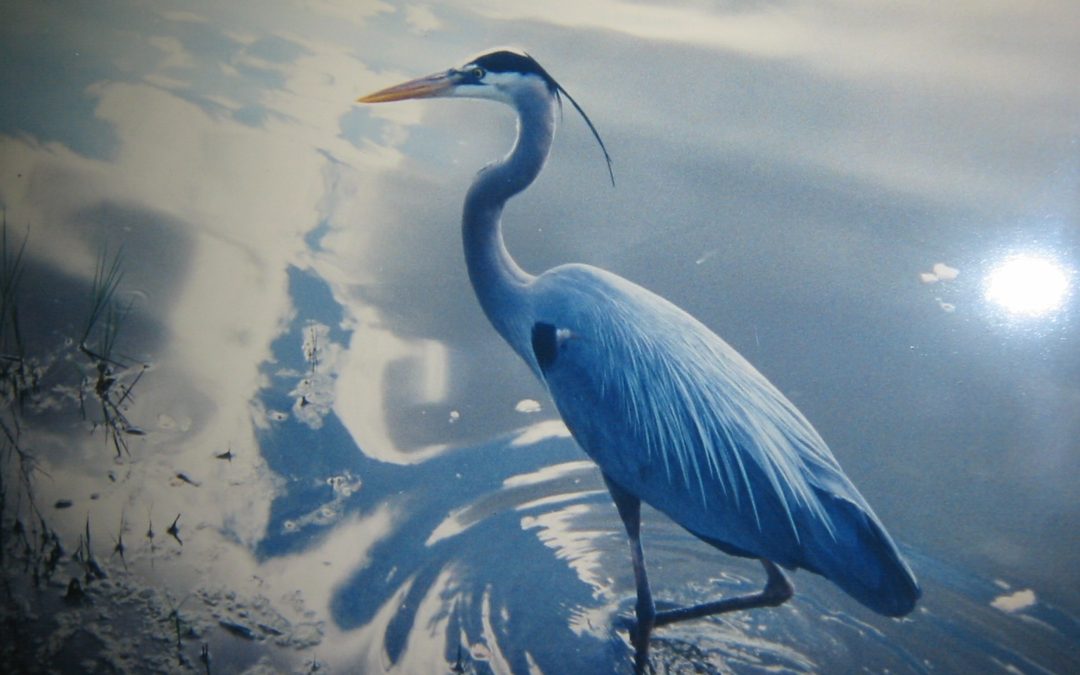Last week, while spending a few days fishing for redfish in a smaller bay within Tampa bay it became quite clear just how sensitive or aware the fish were to the movement of anything that moved too quickly above the water such as a rod during something as simple as a cast. For instance, we were practically able to float right up on fish without really blowing them out, but there was more than one occasion when after spotting fish, we blew them out by moving the rod too quickly during the cast. There is no doubt the clear water conditions this time of year present both challenge and opportunity when it comes to hunting just about any game fish on any of our inshore tidal flats. And it wasn’t even just the redfish; we blew out our fair share of snook, trout, and sheepshead as well.
Like many days in late fall, the wind was blowing from a northerly direction and the tide was close to negative at best. Many shorelines held water that could be considered slick calm because there was probably only one to three inches of water and these same spots were also holding quite a few of what I guess you would consider wading birds that were mostly herons and they were doing the same thing we were, hunting down fish. The only difference was that they were going at it quite a bit different than we were. For all practical purposes, we were working what I considered to be slow and stealth like. There was no hull slap coming from the Maverick Mirage and we were very quiet on the boat. The only way that I can compare is to say that we were in what might be considered slow speed while the birds seemed to be working in almost a still motionless stalking type posture.
I guess it all boils down to presence and the fact that if the fish know you are there they will in some way or form shut down and the bite will slow. You know the old saying “if they see you, it’s too late “. So, for all of us everyday anglers, what does this all mean when it comes to fishing the clear shallow water conditions this time of year. Basically, since we don’t fish for survival like any of the heron family, it isn’t life or death and all we can do is approach a promising flat as quiet as possible.
Of course, there is no way that we are ever going to be able to approach a spot as quiet as a heron, especially from a boat. However, getting out of the boat this time of year is probably the next best choice. If you do decide to go this route, it wouldn’t hurt to invest in a good pair of chest high neoprene waders. If on the other hand, you do plan to stay in the boat, here are a few thoughts that might help provide a fighting chance. First and foremost is the ability to make long casts. During the day I am referring to, once we isolated an area that we knew was holding fish, we found it worked best to cover the flat in a methodical manner that allowed us stop the boat every 10 or 20 yards in order to blind cast the most productive areas in hopes we would put the bait in front of the fish before they knew we were there. As always, match the longest light to medium action rod you have with the lightest line you can deal with to get the most distance. In my case, I was throwing a seven and a half foot medium action rod rigged with 10 pound braid and about a five foot piece of 20 pound fluorocarbon leader. Next, if at all possible, try to work the area with the sun behind you as it is much more difficult for the fish to see you if they have to look into the sun. It is also probably a good idea to keep away from using one of the brightly colored high-vis lines. And as always, use at least a three foot piece of quality fluorocarbon leader. As food for thought, even though I have never tried it, I have heard of anglers actually matching the colors of their clothes to blend in with the sky or background.
When all’s said and done, we as anglers are approaching and hunting these fish within their environment that they live in 24 hours a day. It is to their advantage as it should be which is why it is considered a sport. The most important thing to remember is that the more subtle your movements; the less you will surprise and frighten your prey.


Recent Comments